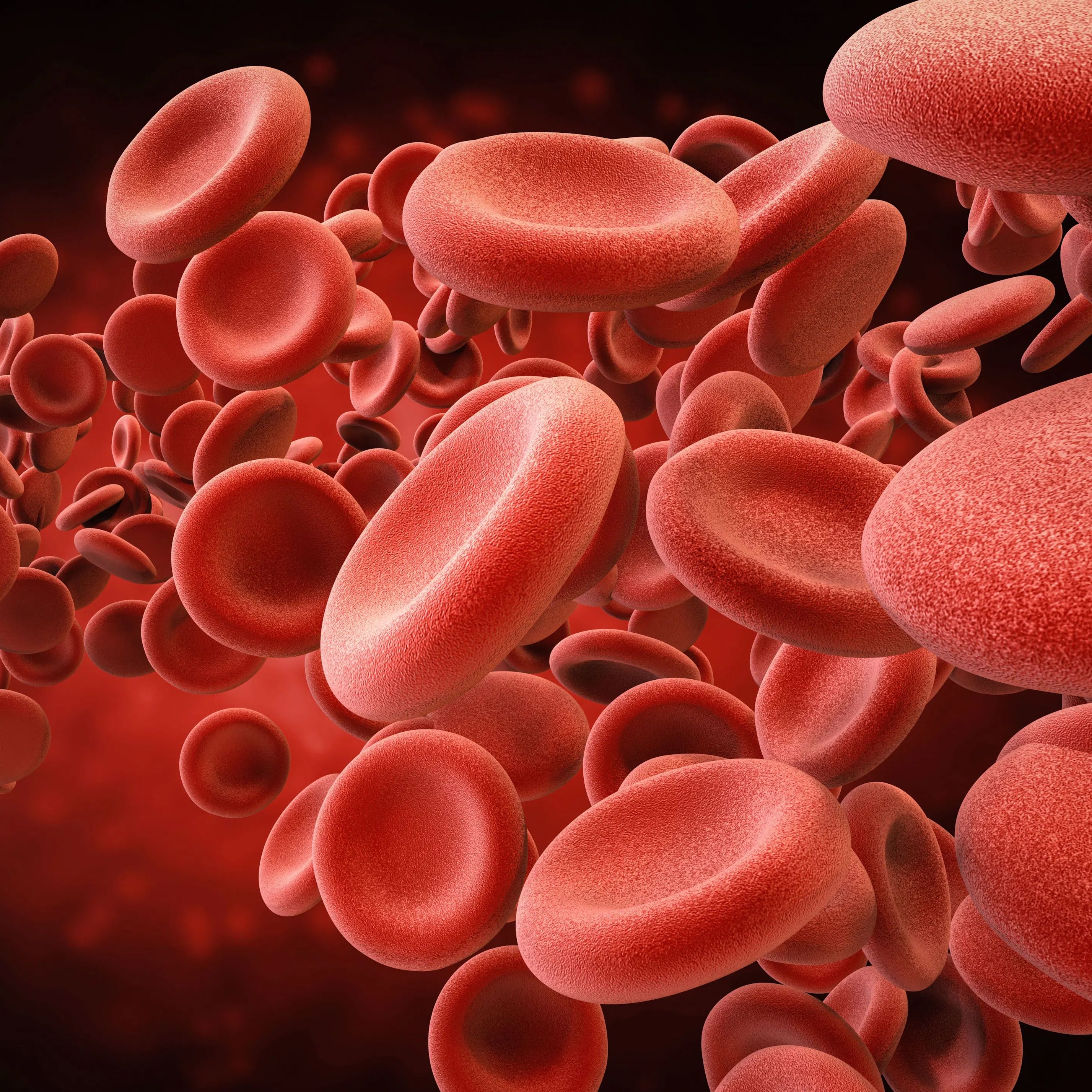Article
Brilinta Wins Long-Awaited FDA Approval
AstraZeneca's blood thinner, which will compete with Plavix, won approval after several delays last year.
The FDA announced yesterday that it had approved the use of the blood thinner Brilinta (tiacagrelor) to reduce the chance of heart attack and death in patients with acute coronary syndromes. The approval of the drug, which is made by AstraZeneca, comes after the FDA delayed making a decision on it twice—last September and December.
Brilinta, which will now compete with Plavix, the second-best-selling drug in the world, is designed to be taken along with low doses of aspirin. However, a boxed warning on the drug will warn that taking more than 100 milligrams of aspirin per day reduces its effectiveness.
“In clinical trials, Brilinta was more effective than Plavix in preventing heart attacks and death, but that advantage was seen with aspirin maintenance doses of 75 to 100 milligrams once daily,” Norman Stockbridge, MD, PhD, director of the Division of Cardiovascular and Renal Products in the FDA’s Center for Drug Evaluation and Research, said in a statement.
The boxed warning will also indicate that Brilinta can cause significant, sometimes fatal, bleeding.
Around the Web
FDA approves blood-thinning drug Brilinta to treat acute coronary syndromes [FDA]





